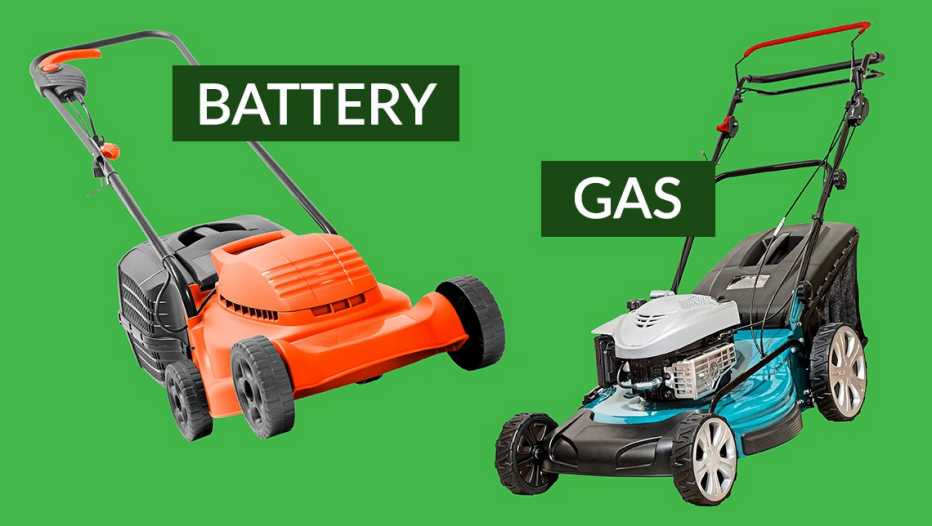Staying Fit


It is important to have the right lawn mower. The average American spends about 17 minutes a day, or about 103 hours a year, caring for their lawn or garden, according to the “American Time Use Survey” by the U.S. Department of Labor. In recent years battery-powered mowers have become increasingly popular. Research and Markets, an online platform that provides market data, expects the global electric lawn mower market size to surpass revenues of $8 billion by 2025.
Lightweight, and with less fueling and maintenance hassle, models that run on electricity may benefit older Americans. “I like battery-powered over gas-powered for older people because of a few reasons,” says Alex Kuritz, owner of Lawn Liberty, a service that connects homeowners with lawn-maintenance workers. “First is that they are much lighter weight and are easier to handle and navigate around your yard. Second is they are easier to start and maintain, as well. With a battery-powered mower, you just need to remember to charge the batteries and do some basic cleaning, where with a gas mower, you will have more upkeep to keep it working optimally, such as yearly oil changes, making sure you have fresh gas and belt changes."


AARP Membership— $12 for your first year when you sign up for Automatic Renewal
Get instant access to members-only products and hundreds of discounts, a free second membership, and a subscription to AARP the Magazine.
Here's a guide.
1. Weight
A battery-powered mower is the lightest option. “For maneuverability, battery-powered mowers are by far the easiest. Especially on hills and slopes,” says Kuritz. “The lighter weight and self-propelled option on newer models make these a breeze to handle.”
Battery: About 50 or 60 pounds
Gas: About 90 pounds.
2. Power
While battery-powered mowers are lighter, they are frequently less powerful than gas options. “If you have a large lawn, one third of an acre or more, then you should consider using a gas-powered lawn mower,” advises David Hillock, Oklahoma State University extension consumer horticulturist.
Battery: 40-volt models work well for small yards without thick grass; 80-volt models are similar in power to gas mowers.
Gas: Any good mower should be able to cut through longer grass or weeds.
3. Noise
Battery-powered mowers are quieter, in the same way that electric cars run with a hum and not a roar.
Battery: Roughly 70 decibels, about the same as a vacuum cleaner
Gas: About 80 to 85 decibels, similar to a blender

































































More on Home and Family
6 Ways to Get Your Gardening Muscles in Shape This Season
Before digging, pruning and planting, make sure you're ready for the work
Spruce Up Your Outdoor Decor This Summer
Create a backyard space that feels like another roomWar-Era Victory Gardens Make a Comeback
This 2.0 grassroots version provides fresh fruits and vegetables to neighbors without access